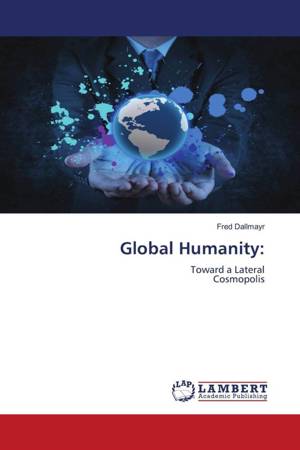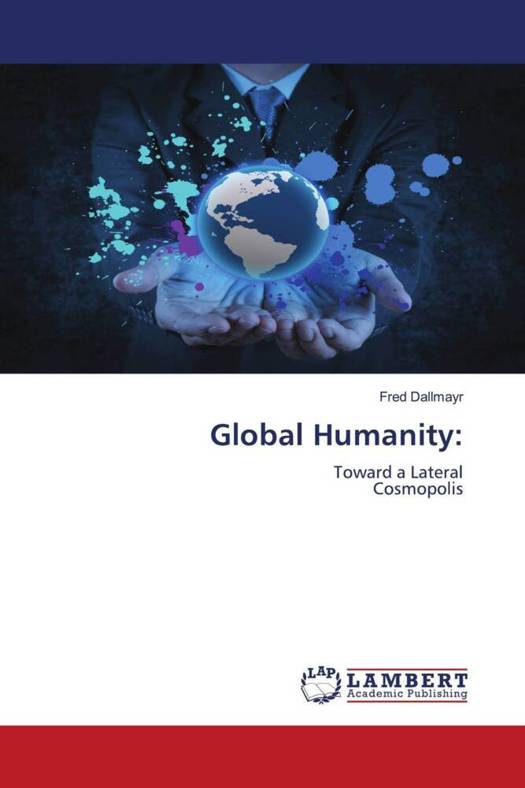
- Afhalen na 1 uur in een winkel met voorraad
- Gratis thuislevering in België vanaf € 30
- Ruim aanbod met 7 miljoen producten
- Afhalen na 1 uur in een winkel met voorraad
- Gratis thuislevering in België vanaf € 30
- Ruim aanbod met 7 miljoen producten
Zoeken
€ 52,45
+ 104 punten
Omschrijving
In our time, the "modern age" (so-called) is slowly coming to an end. This is clearly an ambivalent process. No doubt, some aspects of modernity have been beneficial and progressive. Foremost among these beneficial aspects have been the rise of democracy (as an antidote to autocracy) and the emphasis on personal involvement in all aspects of life, in both thought and action. The downside of these developments has been the erection of rigid boundaries around self and others, evident in the cult of a narrow individualism and a rigid national identity in the state or political community. This cult has not prevented the pursuit of broader cosmopolitan agendas, but the latter were usually tied to the strategies of "great powers" or leading nations. Without being openly admitted, the agendas of great powers have often involved the subjugation of smaller nations or countries or their utilization as proxies in global policies.
Specificaties
Betrokkenen
- Auteur(s):
- Uitgeverij:
Inhoud
- Aantal bladzijden:
- 168
- Taal:
- Engels
Eigenschappen
- Productcode (EAN):
- 9786200254061
- Uitvoering:
- Paperback
- Afmetingen:
- 150 mm x 220 mm

Alleen bij Standaard Boekhandel
+ 104 punten op je klantenkaart van Standaard Boekhandel
Beoordelingen
We publiceren alleen reviews die voldoen aan de voorwaarden voor reviews. Bekijk onze voorwaarden voor reviews.











